Hezbollah Confirms Death of Leader Hassan Nasrallah in Israeli Airstrike
BEIRUT, LEBANON- Hezbollah has confirmed the death of its long-serving leader Sheikh Hassan Nasrallah, after Israel claimed responsibility for killing the 64-year-old in an airstrike on Beirut. Nasrallah, a central figure in the militant Shia group, had shaped Hezbollah into a powerful political and military force in the region over the last three decades.
Nasrallah’s Rise to Power
Born in 1960 in Beirut, Nasrallah was drawn into Lebanon’s civil conflict, joining the Shia Amal movement before co-founding what would become Hezbollah in 1982. Backed by Iran’s Revolutionary Guards, Hezbollah quickly grew into the most formidable militia in Lebanon, with Nasrallah rising through its ranks. In 1992, he became the leader following the assassination of his predecessor Abbas al-Musawi by Israeli forces.
A Legacy of Resistance and Retaliation
Under Nasrallah’s leadership, Hezbollah claimed its first major victory in 2000 when Israeli forces withdrew from southern Lebanon after two decades of occupation. Nasrallah framed this as a triumph for the Arab world and vowed to continue the fight for Lebanese sovereignty. He also spearheaded Hezbollah’s military operations, including a bloody 34-day war with Israel in 2006 that left over 1,100 Lebanese and 164 Israelis dead.
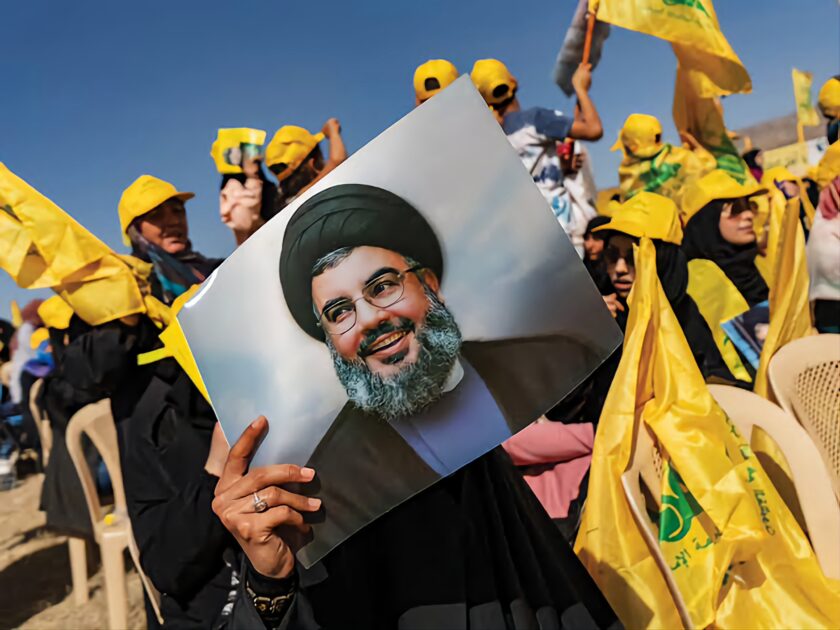
Nasrallah’s personal life was also marked by sacrifice—his eldest son, Hadi, was killed in a confrontation with Israeli troops.
Strategic Alliances and Global Influence
Nasrallah forged deep ties with Iran, securing sophisticated weaponry and training for Hezbollah and extending the group’s influence across the region. Under his leadership, Hezbollah trained fighters for groups like Hamas in Palestine and militias in Iraq and Yemen. The group’s regional clout grew, even surpassing Lebanon’s own military strength, and it became a key actor in the Syrian Civil War, supporting President Bashar al-Assad.
A Shadowy Presence in Later Years
In his later years, Nasrallah became an elusive figure, rarely appearing in public due to fears of assassination. He had not been seen for years prior to his death, maintaining a low profile amid mounting tensions with Israel.
Despite Lebanon’s economic collapse and protests against the country’s political elite, Nasrallah maintained his grip on Hezbollah, continuing to wield considerable power and influence.
Final Strike and Escalation
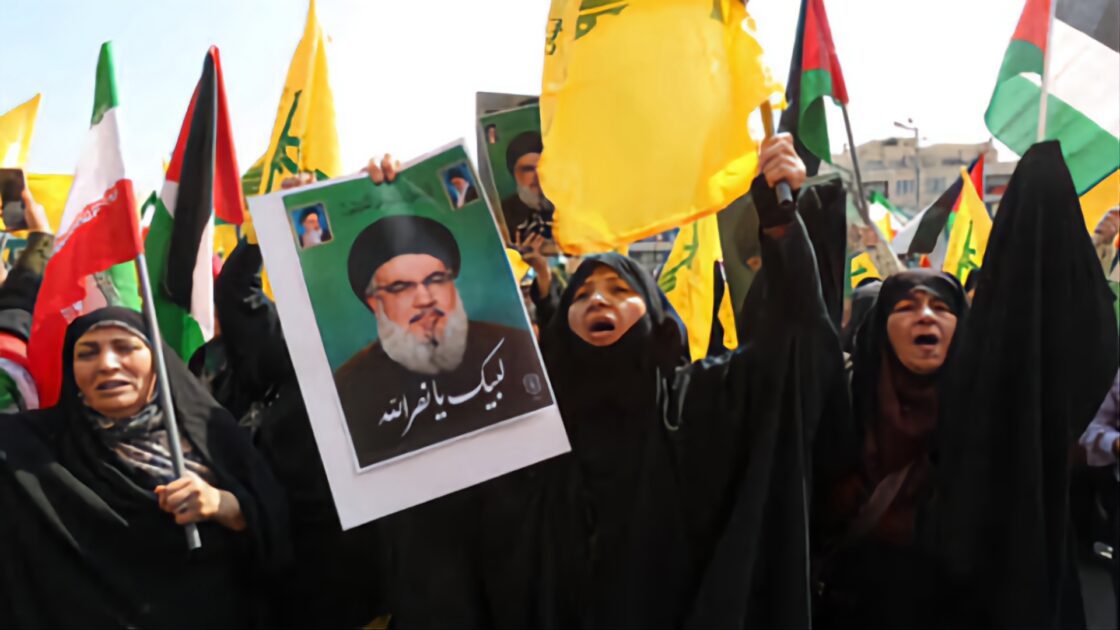
Tensions between Hezbollah and Israel have flared since the start of the 2023 Gaza-Israel conflict, with Hezbollah launching rockets and anti-tank missiles into Israel. Israel responded with heavy airstrikes, leading to Nasrallah’s death in what Israeli military officials describe as a decisive blow.
Nasrallah’s death marks the end of an era for Hezbollah, leaving a power vacuum at the top of the militant group. With nearly 800 people killed in the latest wave of Israeli airstrikes, the future of Hezbollah remains uncertain as Lebanon braces for potential further escalation in the ongoing conflict.





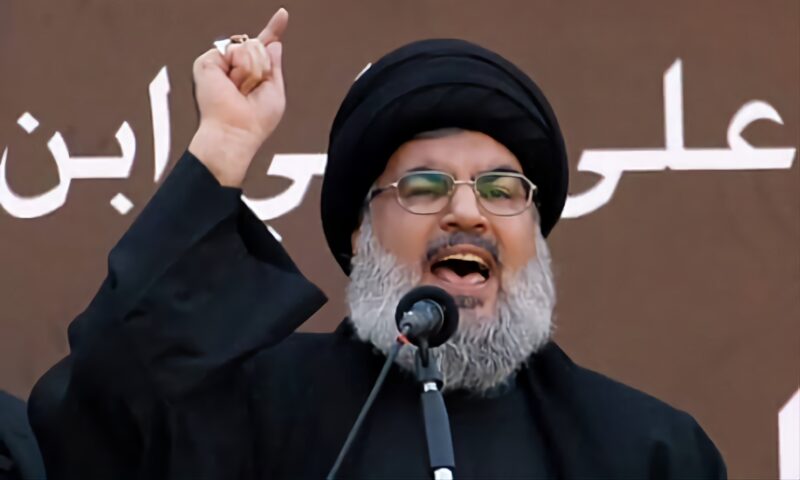
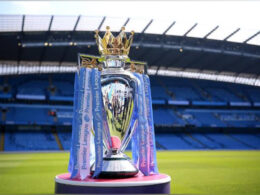
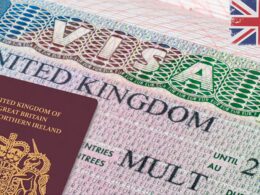
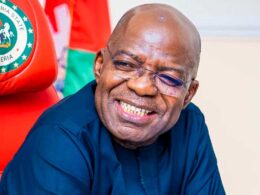
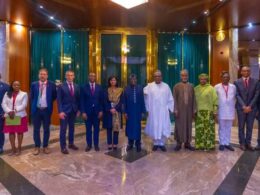
Join our Channel...